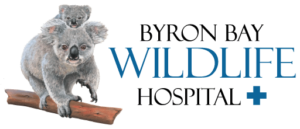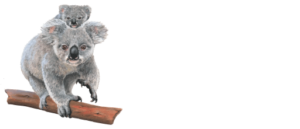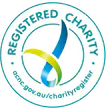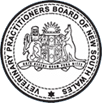Australia’s largest Mobile Wildlife Hospital has a permanent new home at the Macadamia Castle in Byron Bay’s hinterland, which has been sold to conservation group Wildlife Recovery Australia.
A joint venture of Byron Bay Wildlife Hospital and Odonata Foundation, Wildlife Recovery Australia (WRA) runs mobile wildlife hospitals and builds predator-proof sanctuaries. It is led by a team of veterinarians, threatened species specialists and environmental entrepreneurs who work together to rescue injured animals and revitalise threatened species. Its founding Chairman is Australian economist and passionate wildlife conservationist Dr Ken Henry AC.
“Wildlife Recovery Australia was created to fill gaps in the way Australia protects wildlife and acts to recover endangered species,” said Dr Henry.
“This is vital work at a critical time for Australian native animals. We’re excited and honoured to build on the animal welfare, conservation and education work done by the previous owners.”
Byron Bay Wildlife Hospital and CEO Dr Stephen Van Mil said that the organisation will continue to provide dedicated, expert veterinary services for wildlife free of charge.
The move to the 2.7 hectare site at Knockrow in Northern New South Wales has many significant benefits:
- We can offer educational visitor experiences and hospitality services alongside our veterinary and conservation work.
- By continuing to visit the Macadamia Castle, visitors and locals are helping to give wildlife the quality care they deserve.
- The Mobile Hospital will be 100% powered by renewable energy sources through the Macadamia Castle’s solar power system and battery charging station.
- There will be dedicated parking and access for wildlife rescue organisations and carers to present patients for triage, treatment and care by the veterinary team led by our superstar Foundation Veterinarian Dr Bree Talbot.
- The Macadamia Castle will be the departure point for deployment of the Mobile Wildlife Hospital to respond to injured, diseased, traumatised or stranded native animals during a crisis, anywhere in Australia.
- Members of the public can come and visit us at our new home from 1 October!
- We are honoured to acknowledge the Nyangbul people of the Bundjalung Nation. We are looking forward to learning from their ancient knowledge of caring for Country and the wildlife that inhabits it.
- If you have concerns for the welfare of a native animal contact us: 1300 WILDLIFE




